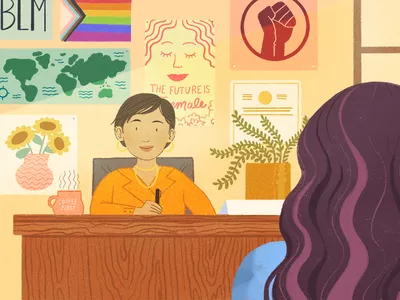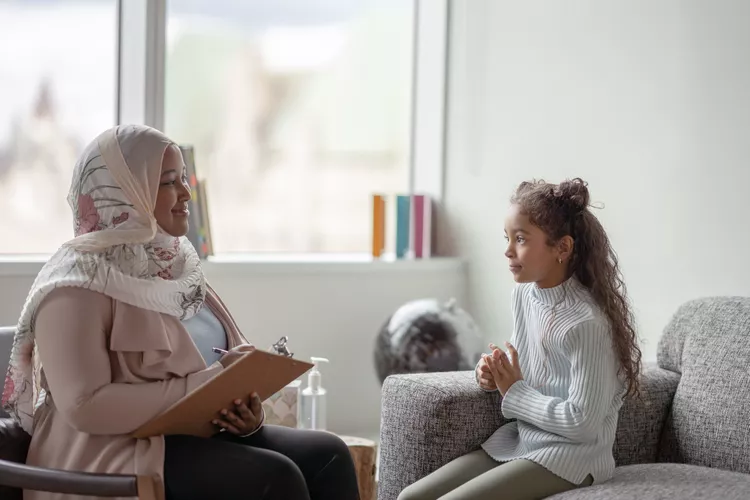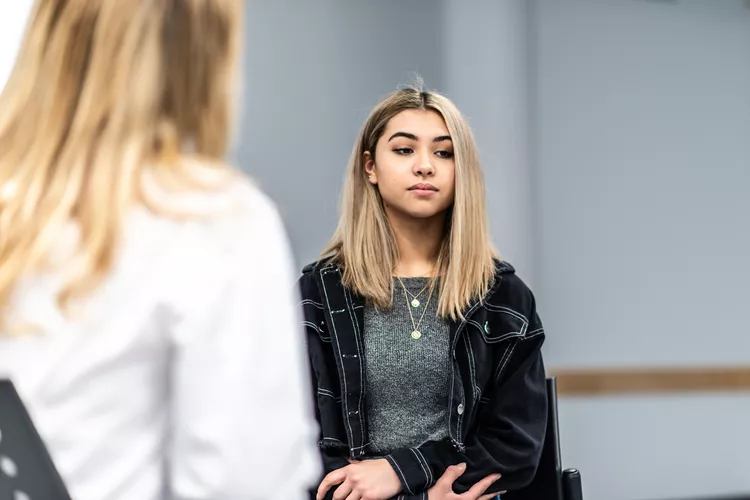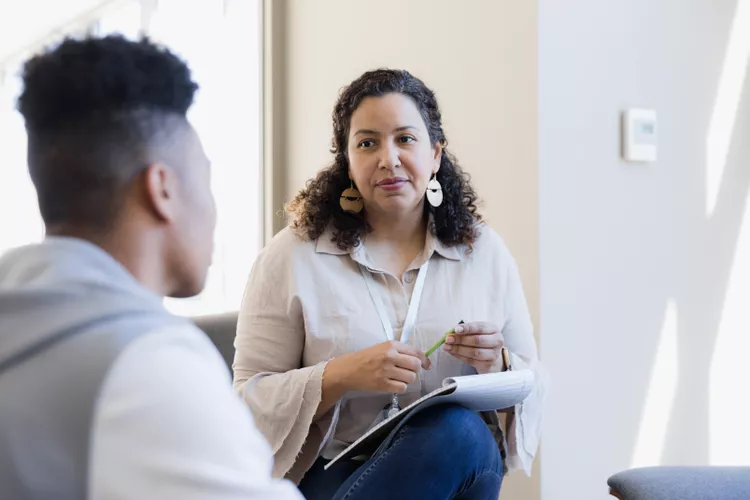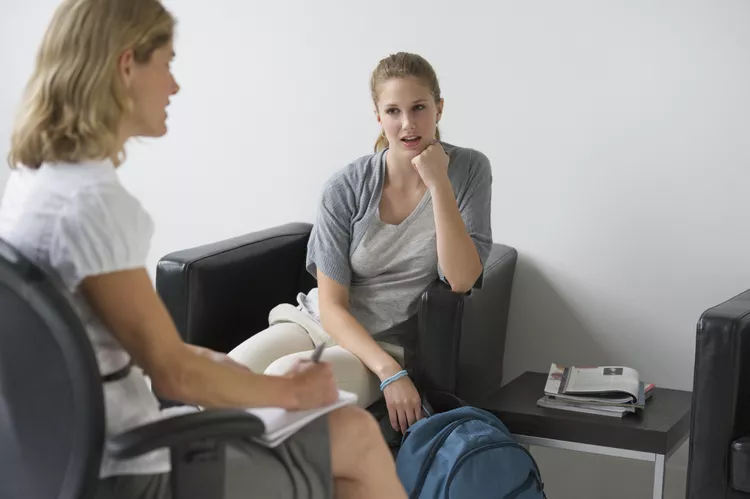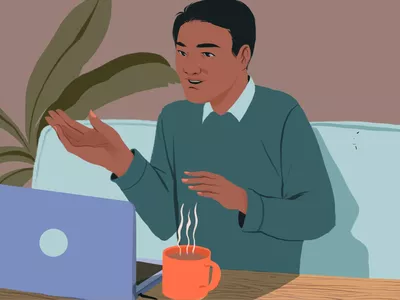How to Find a Culturally Sensitive Therapist
In the journey towards mental wellness, finding a therapist who truly gets you can make all the difference. But what does it mean to find a therapist who understands your culture? And why is it so important?
Why Cultural Understanding Matters in Therapy
Picture this: you’re in therapy, pouring your heart out, but you feel like your therapist just doesn’t “get” you. It’s frustrating, right? That feeling of being understood, of having someone acknowledge your cultural background, can profoundly impact your therapeutic journey.
Research backs this up:
the relationship between you and your therapist is key to successful treatment. It’s not just about the techniques they use; it’s about feeling heard and respected.
What Cultural Competence Looks Like
A culturally competent therapist isn’t just someone who nods along. They actively recognize and respect your beliefs, values, and experiences shaped by your culture. Whether it’s your race, ethnicity, gender, or sexual orientation, a culturally sensitive therapist honors who you are.
Tailoring Treatment to You
Here’s the thing: therapy isn’t one-size-fits-all. A good therapist tailors their approach to your needs, including your cultural background. For instance, if you come from a culture that values hierarchy, you might prefer a therapist who takes a more direct approach.
How to Find Your Perfect Match
So, how do you find this unicorn of a therapist? Start by asking around: your doctor, online directories, or friends might have recommendations. When you find someone who seems promising, don’t be afraid to ask questions. How familiar are they with your culture? What’s their training like?
Conclusion: Your Mental Health, Your Culture
Your mental health journey is deeply personal, and your cultural background is a vital part of that journey. Don’t settle for a therapist who doesn’t understand where you’re coming from. With a little effort and some searching, you can find a therapist who truly gets you—and that can make all the difference.
FAQs
1. How do I know if a therapist is culturally sensitive?
Look for signs of cultural competence, such as their willingness to discuss your background and experiences respectfully. Don’t hesitate to ask them about their training and experience working with diverse populations.
2. What if I can’t find a therapist who shares my cultural background?
While finding a therapist who shares your cultural background can be beneficial, it’s not always necessary. What’s crucial is finding someone who respects and understands your culture, even if they don’t share it.
3. What should I do if I don’t feel comfortable with my therapist?
Trust your instincts. If you don’t feel like your therapist is a good fit, don’t hesitate to seek out a different provider. Your mental health journey is too important to settle for anything less than the right match
